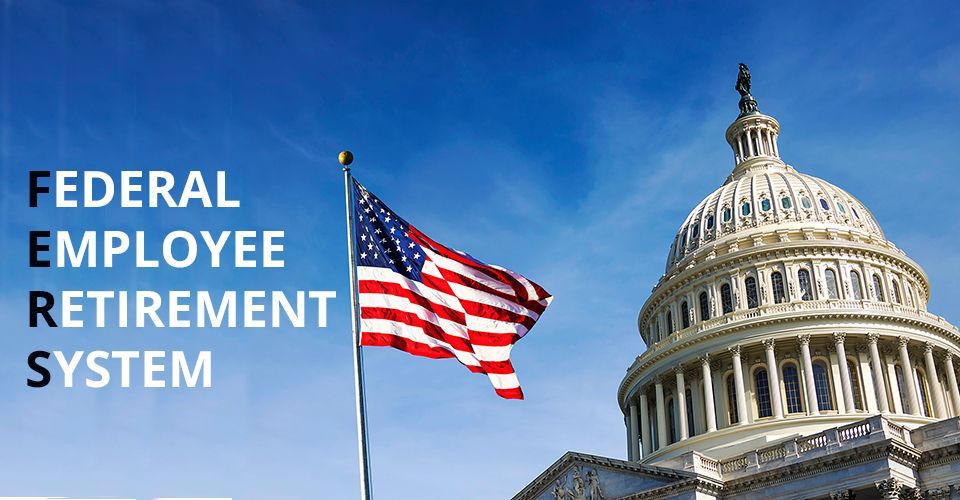Five Ways to Avoid the December 31st Retirement Backlog

Many Federal employees choose to retire on December 31st. This is primarily to optimize the conversion of paid time off. Unfortunately, this tendency causes a severe backlog in the ability of the Office of Personnel Management or OPM to process retirement requests promptly. Because of this delay, many employees have had to live on reduced pension payments for up to six months. This article will discuss ways to navigate this backlog by choosing to retire at another time.
Choosing the End of a Different Month
The first method for dealing with the retirement processing backlog is to retire at the end of a different month. This will not eliminate the backlog, but it may help lessen the delay in receiving your pension payments. Even if you choose to retire on November 30th, OPM will still process your application before the sea of submissions in December.
Filing for Deferred Retirement
If you are within five years of retirement, you may be able to file for deferred retirement. This will allow you to continue working while OPM processes your retirement request. Once your request is processed, you will receive a lump-sum payment for the accumulated retirement benefits. This allows you the benefits of an end-of-year retirement and added income.
Calculate Your Unused Sick Leave Time
Unused Sick Leave can only be applied in month and year increments. This means that it may not be necessary to wait until December to retire. Calculating when you have reached your max sick leave time will allow you to choose a day late in the year, but not December 31st. This will enable you to get your application ahead of the masses who decide on an end-of-year retirement date. Just remember that you must finish out the pay period in question to receive the last of your sick leave.
Shoot for 62/20
Retiring after the age of 62 with 20 or more years in service has unique benefits for Federal employees. If you meet this threshold, your pension is calculated at a higher rate, and the difference can be a game-changer for many people. Choosing either the age or years in service benchmark rather than the end-of-year gives you a clear goal to work toward and avoids the backlog.
Letting Your Unique Needs Be Your Guide
In the end, the best retirement date is the one that works best for you and your family. While an end-of-year retirement may be optimal for some, it is not the only option. Choose a date that works best for your unique goals, and see what date matches your needs, not the OPM’s.
Conclusion
Retiring on December 31st is not the only option for Federal employees. There are several ways to navigate the retirement processing backlog, including choosing to retire at the end of a different month, filing for deferred retirement, or calculating your unused sick leave time. If you would like to discuss your retirement date with a Federal benefits expert, please reach out to us for a consultation by clicking
here.
More Featured Articles









